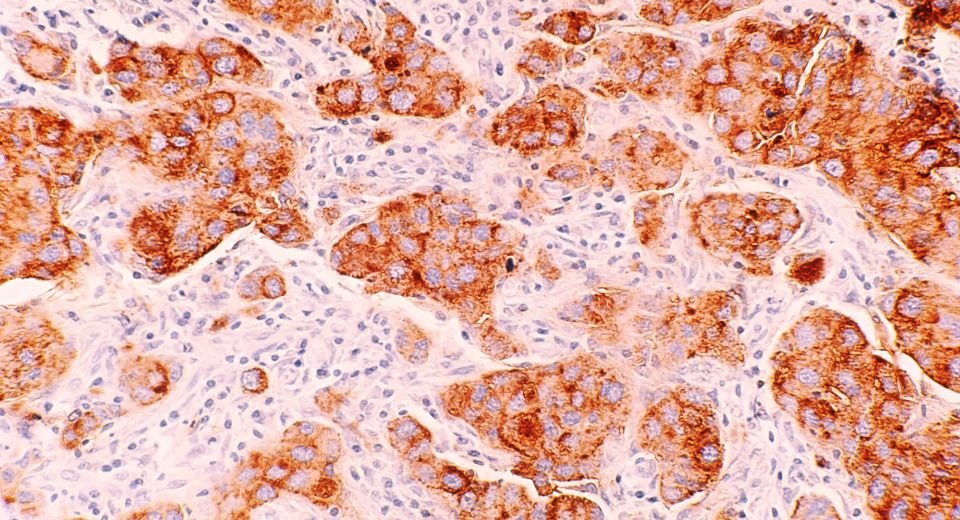HQ Team
April 8, 2024: More cancer cases are being detected among the younger generation, according to a new study presented at the American Association of Cancer Research annual meeting. Evidence suggests that on a cellular level, younger people born after 1965 are showing signs of faster aging than their forebears, considered to be a significant factor in the rate of increase in cancer cases in this generation.
A team of scientists at Washington University in St. Louis tracked data from nearly 150,000 people between the ages of 37 and 54 in the UK Biobank, a massive biomedical database. They used nine blood-based markers to calculate their biological age, a measure that captures the overall state of a person’s cells and tissues.
They calculated their biological age and found that people born after 1965 were more likely to have a greater biological age than their chronological age.
“We all know cancer is an aging disease. However, it is really coming to a younger population. So whether we can use the well-developed concept of biological aging to apply that to the younger generation is a really untouched area,” said Dr. Yin Cao, an associate professor of surgery at the Washington University School of Medicine in St. Louis and senior author of the new research.
People with higher rates of accelerated chronological age had a 17% increased chance of developing solid tumor cancers.
Factors of biological aging
The nine blood-based markers that the team found that correlated with biological age:
Albumin: a protein made by the liver that declines with age.
Creatinine: a waste product in blood produced by protein digestion and the breakdown of muscle tissue.
Glucose: With age, blood sugar stays higher for longer after meals.
C-reactive protein: made by the liver in response to inflammation; higher levels correspond to faster aging.
Lymphocyte percent: The concentration of these white blood cells related to immune function tends to decrease with age.
Mean cell volume: a measure of the average size of red blood cells, and it increases with age.
Red cell distribution width: the difference between the size of a person’s smallest and largest red blood cells, again increases with age.
Alkaline phosphatase: an enzyme produced mainly by the liver and bones that tends to increase with age.
White blood cell counts: Numbers of white cells in the higher range in the blood may correspond with greater aging.
These values were then fed into an algorithm called PhenoAge used to calculate each person’s biological age.
They then checked cancer registries to see how many in the group had been diagnosed with early cancers, which the researchers defined as cancers appearing before age 55. Nearly 3,200 cancers were diagnosed.
After adjusting the data for bias the researchers found that accelerated aging was associated with increased risk for cancer. The strongest associations were seen with lung, stomach and intestinal, and uterine cancers.
People who scored highest had twice the risk of early-onset lung cancer, more than 60% higher risk of a gastrointestinal tumor and more than 80% higher risk of uterine cancer.
Ruiyi Tian, who led the research said that it’s possible that lungs are more vulnerable to aging than other types of tissues because the lung has a limited ability to regenerate. Stomach and intestinal cancers, she says, have been linked to inflammation, which increases with aging.
Research limitations
The research has some limitations as the blood tests were taken only once, and the cohorts could not be followed for a longer period of time. Also, the study sample was not diverse and many ethnicities and cultural, social and environmental factors could not be accounted for.
“The ideal scenario is that we would have multiple blood collections throughout the life course, which is not feasible even in biobanks like UK Biobank,” Cao said.
Experts have advised that early screening is a powerful preventive measure for cancers. The rates have come down in the US and some other developed countries due to better screening and medical facilities.
The aging factor can now act as an incentive among the younger generation to go in for earlier screening tests. Lifestyle changes and nutritional interventions can mitigate the risk factors. There are also medications called senolytics that can slow down the cellular aging process.



